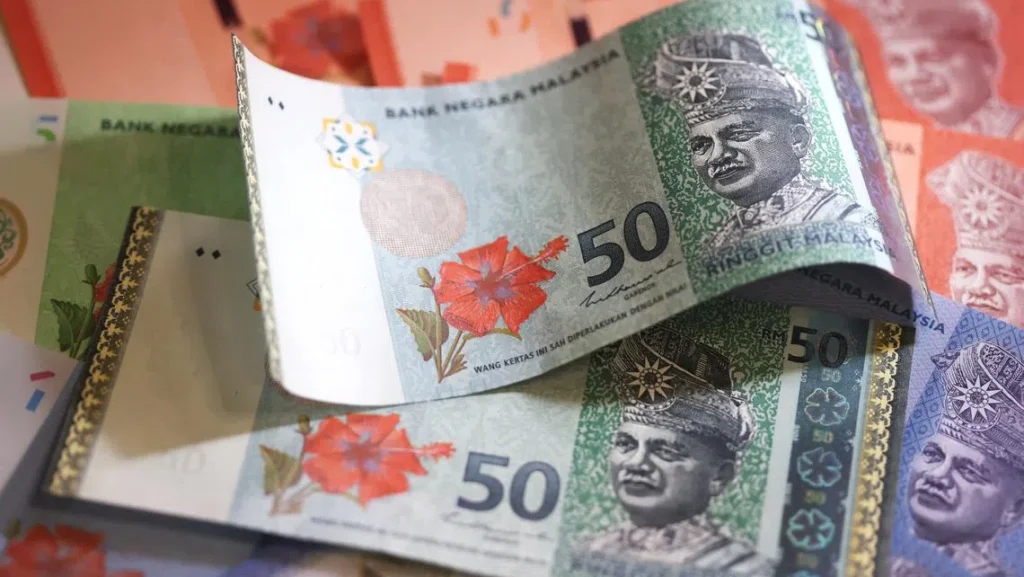Jakarta – The Indonesian government has intensified its negotiation efforts to bring Apple’s investment plans to fruition by 2025, a move that could reshape the country’s technological and manufacturing landscape. With Apple’s market valuation soaring to $3.75 trillion, the entry of this tech giant into Indonesia is poised to open doors to immense economic opportunities, including job creation, technology transfer, and enhanced global visibility for local industries. Minister of Investment and Head of the Investment Coordinating Board (BKPM), Rosan Perkasa Roeslani, stressed the government’s commitment to expediting this process.
Speaking at the 2024 National Investment Coordination Meeting held in Jakarta on December 11, Rosan disclosed that the government is urging Apple to begin its investment activities a year earlier than its planned timeline of 2026. “The Ministry of Industry is eager to see the realization of Apple’s plans starting in 2025. Meanwhile, Apple’s current target is 2026. We aim to bring this forward to ensure Indonesia remains competitive in attracting high-value investments,” he remarked.
Negotiations with Apple have been both intensive and detailed over the past months. Rosan highlighted that Apple has submitted several critical documents outlining the key components of its proposed investment. These documents, currently under review by the Ministry of Industry, cover significant points, including the logistics of introducing key vendors that would accompany Apple’s operations in Indonesia. The entry of these vendors is seen as pivotal, not just for Apple’s operations but also for enhancing Indonesia’s role in global supply chains.
Apple’s initial plan involves the inclusion of one major vendor, a decision that has sparked substantial discussions within the government. “This initial vendor is just the beginning. For context, the production of an iPhone 16 involves more than 320 vendors worldwide. If Apple begins with one here, it signals a gateway for additional vendors in the future,” Rosan explained. He further noted that this single vendor, although just one piece of the larger puzzle, represents a significant player capable of generating over $1 billion in sales annually.
The government’s strategy in this negotiation is multifaceted, aiming not only to attract Apple’s investment but also to build a supportive ecosystem that would encourage Apple’s vendor network to establish operations in Indonesia. Such developments would bring exponential benefits, from creating high-value jobs and increasing the country’s technological capabilities to fostering innovation across related industries. The ripple effects of Apple’s presence would likely enhance Indonesia’s standing as a vital link in the global technology supply chain.
Rosan’s optimism is backed by the growing alignment between the government’s objectives and Apple’s corporate strategy. Both parties appear to be working towards a collaborative framework that balances Indonesia’s aspirations for economic development with Apple’s operational and strategic priorities. This alignment is expected to culminate in a landmark investment agreement, solidifying Indonesia’s role in the future of global technology production.









